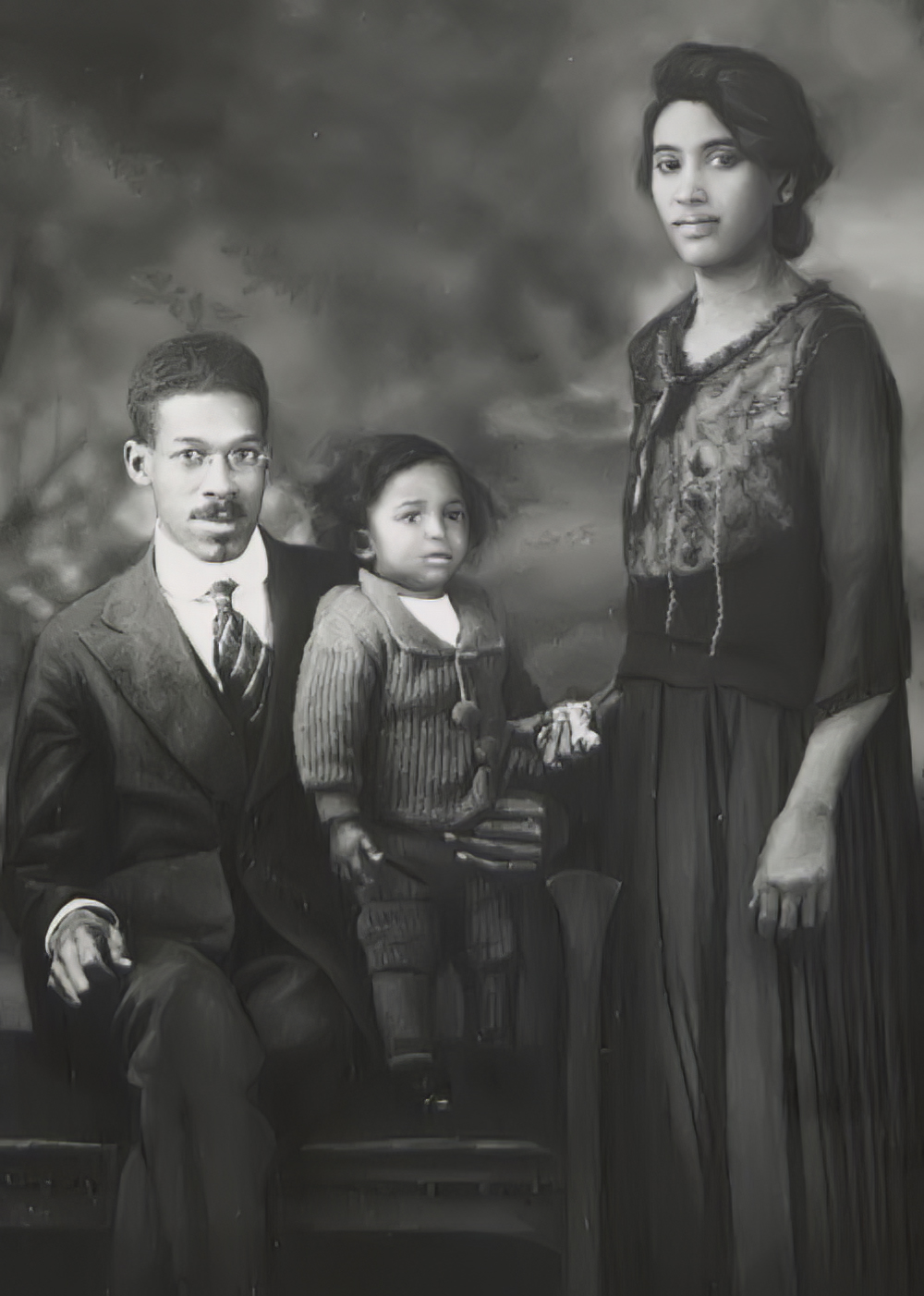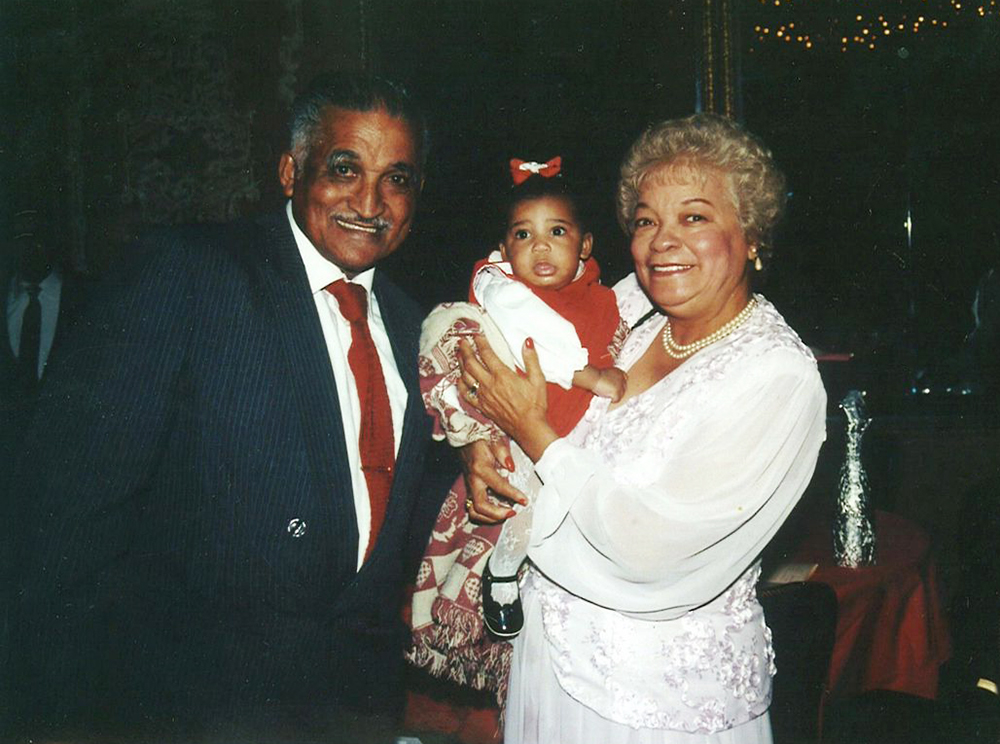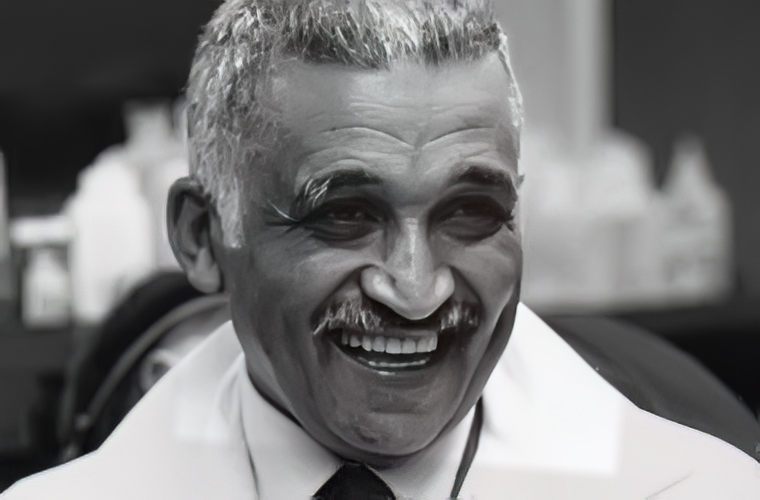Samuel Proctor Massie Jr. (July 3, 1919 – April 10, 2005) was an American chemist and educator, and one of the few African American scientists to work on the Manhattan Project during World War II. He was born in Little Rock, Arkansas, and earned his bachelor’s degree in chemistry from the University of Arkansas at Pine Bluff in 1941. Despite facing racial discrimination and limited opportunities for African Americans in science during that time, Massie persevered and went on to earn his Ph.D. in organic chemistry from Iowa State University in 1946.

Massie’s research focused on synthetic organic chemistry and polymers. He made significant contributions to the fields of polymer chemistry and catalysis and held several patents in these areas. In addition to his scientific work, Massie was a dedicated educator and mentor, encouraging underrepresented minority students to pursue careers in science.
Massie broke barriers throughout his career. In 1966, he became the first African American faculty member at the United States Naval Academy, where he taught chemistry until his retirement in 1989. He also served as a visiting professor at several institutions, including Howard University, Morehouse College, and Fisk University.

Massie’s contributions to science and education were widely recognized. He received numerous awards and honors, including the National Medal of Science in 1993, making him the first African American chemist to receive this prestigious award.
Throughout his life, Samuel Proctor Massie Jr. made significant strides in the field of chemistry while also championing diversity and inclusion in science education. His legacy continues to inspire future generations of scientists, particularly those from underrepresented communities.

